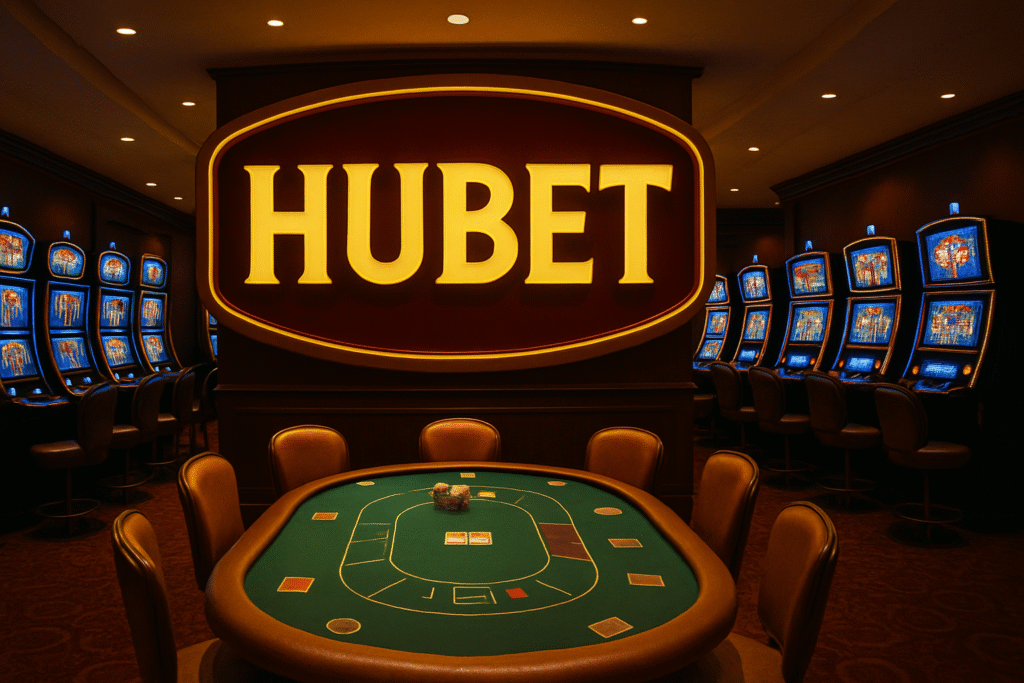
Online casino platforms like HUBET are not just about flashy visuals and fast payouts—they’re also carefully designed to tap into human psychology. Behind the spinning reels and roulette wheels lies a mix of strategic design, reward systems, and emotional triggers that keep players engaged. Understanding the psychology behind online casino games reveals why they’re so compelling and why millions log in daily.
At platforms like CASINO HUBET, every element of game design is intentional. From the moment a player enters the site, they are greeted by bright colors, exciting music, and user-friendly interfaces. These aren’t just aesthetics—they’re psychological tools designed to create a welcoming environment, reduce hesitation, and increase playtime.
One of the most powerful psychological mechanisms in casino games is the reward system. Slot machines, in particular, use variable ratio reinforcement—a reward schedule in which wins come at unpredictable intervals. This taps into a powerful behavioral principle: players are more likely to continue engaging in an activity when rewards are random and occasional, just like with social media notifications or loot boxes in video games.
The thrill of anticipation also plays a significant role. That moment before the reels stop spinning or the roulette wheel slows down is psychologically intense. It triggers a small dopamine release in the brain, the chemical associated with pleasure and reward. Even when players don’t win, the near-miss effect—almost landing a jackpot—can keep them hooked by making them believe a big win is just around the corner.
Online casinos also appeal to a wide range of emotions. For some, it’s the excitement of risk-taking. For others, it’s about relaxation or escaping daily routines. Many games are built around themes that trigger nostalgia, adventure, or fantasy. Whether it’s a slot themed around mythology, movies, or ancient civilizations, the emotional connection makes the experience more engaging and memorable.
Social features are another key element. Even though online gambling can be solitary, platforms are adding chat rooms, leaderboards, and live dealer games to recreate social experiences. This fulfills players’ need for connection and competition, enhancing their emotional investment in the game.
Progress and achievement systems are also common psychological tools. Players are often rewarded with badges, levels, or loyalty points just for playing. These systems make users feel like they’re working toward a goal, increasing retention even without monetary gain. The sense of accomplishment is powerful—even if the reward is just virtual.
The illusion of control is another factor at play. Games like blackjack or poker require some degree of skill, giving players the feeling that their actions can influence the outcome. Even in games of pure chance like slots, features like “hold” or “nudge” buttons can create the impression of control, boosting engagement.
Personalization is becoming more prevalent too. Based on user behavior, many casinos now suggest specific games or bonuses, making players feel understood and valued. This level of customization strengthens the user’s bond with the platform and keeps them coming back.
However, it’s also crucial to highlight the importance of responsible gaming. The same psychological techniques that enhance entertainment can also lead to compulsive behavior if not managed properly. Reputable platforms like HUBET promote safe gambling with features like deposit limits, time reminders, and self-exclusion options. These tools are essential for maintaining a healthy relationship with gaming.
In conclusion, online casino games are carefully crafted experiences designed to stimulate, entertain, and reward. From variable wins to personalized interfaces, every element plays into the psychology of motivation and behavior. Understanding these mechanisms not only explains their popularity but also emphasizes the need for balance and responsibility in digital gambling.